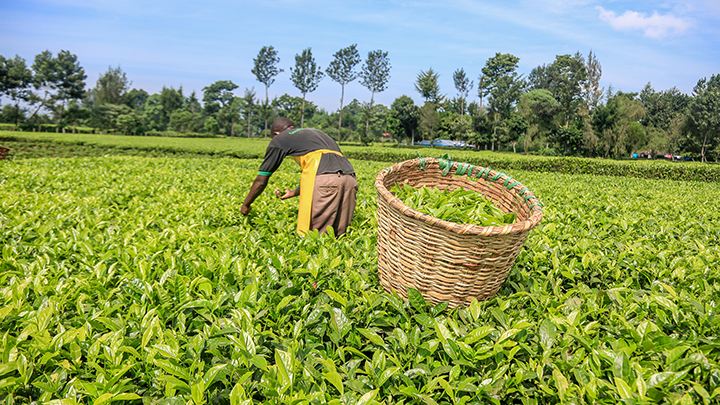The average tea prices for the factories managed by Kenya Tea Development Agency (KTDA) have dropped by 13.3 per cent to USD2.22 in the last 7 months ending January 2021.
This has been attributed to the continued high production of the tea crop in the whole region and exacerbated by global oversupply that has exerted pressure on the tea price.
KTDA says the average tea prices dropped from USD2.56 for a similar period in the previous financial year as the sector dealt with insistent oversupply and effects of Covid-19 pandemic.
Deliveries of green leaf by farmers allied to KTDA remained high and recorded a marginal drop to 726 million kilos in the 7 months likened to 770 million kilos delivered for a similar period a year earlier.
“The volume of tea from countries that are served by the Mombasa Auction is still high due to favorable weather in the region. The high production coupled with the high volumes in the global supply chain has kept the prices at the auction depressed,” said KTDA Management Services MD Alfred Njagi.
Read More
The high tea production in Kenya is majorly a result of favorable weather conditions during the said period as well as the quick expansion of the acreage under tea production over the years.
Data from the Kenya National Bureau of Statistics (2020) shows local smallholder tea farmers, including those who deliver crop to KTDA-managed factories, have been raising the acreage under tea, and this stood at 163,000 hectares in 2019 up from 141,800 hectares in 2018.
This, according to KTDA, has contributed to the increased tea volumes in the market.
In the 2019-2020 financial year, smallholder farmers under KTDA produced 1.454 billion kg of green leaf, up from 1.13 billion kg in 2018-2019), representing a 28.7% increase in production.
oversupply of tea globally added to market disruptions due to Covid-19 has resulted in prices continuing to lower for the third consecutive year.
Global tea prices have been going down since 2018-2019 and proceeded with this trend into the current financial year.
Projections from the Food and Agriculture Organisation (FAO) in 2018 indicated that continued pressure on tea prices was due to increased world production above demand.
KTDA said it would seeks ways to reduce effects of the price drop by being more efficient in operations and will invest in small hydropower stations for cheaper power supply, diversify to orthodox teas to reduce reliance on Black CTC teas, and train farmers on income diversification and management among other initiatives.








